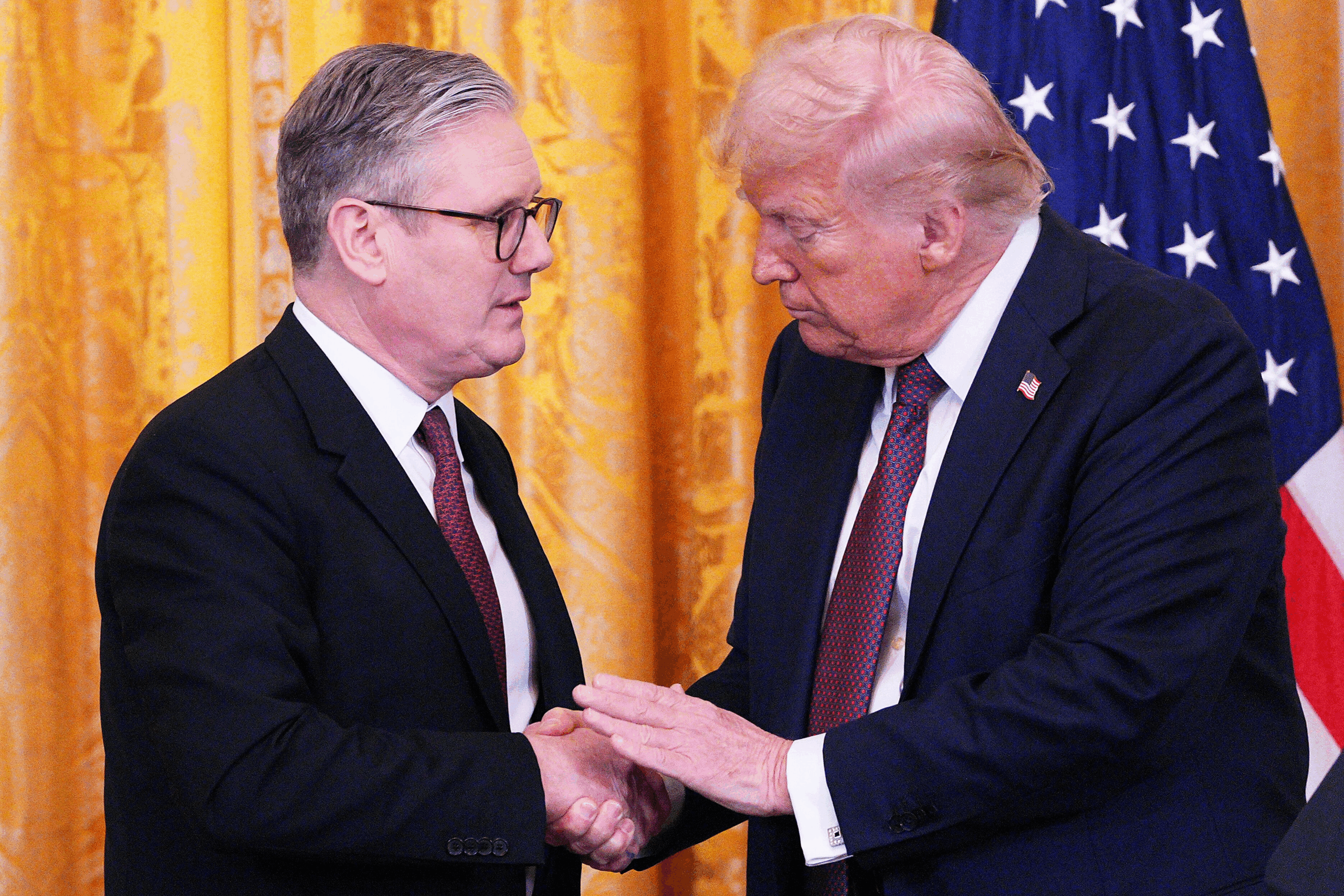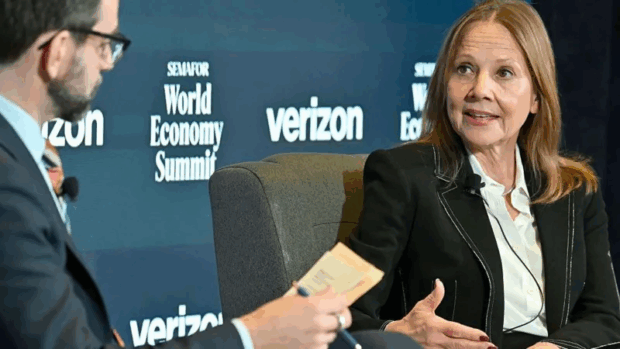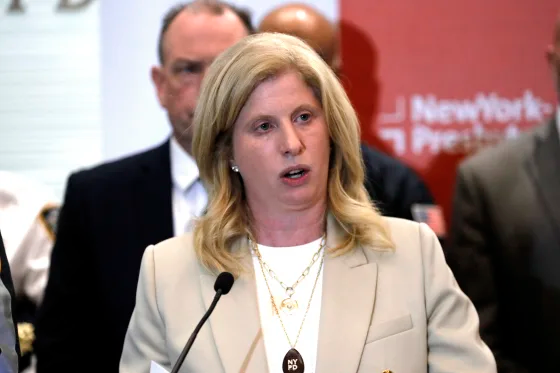
The United States and Britain are preparing to announce an agreement to lower tariffs on certain goods on Thursday, marking the first such deal since President Donald Trump implemented worldwide tariffs.
Trump announced on Truth Social that he would hold an Oval Office news conference at 10 a.m. EDT Thursday regarding a “major trade deal with representatives of a big and highly respected country.”
A spokesperson for British Prime Minister Keir Starmer confirmed he would provide an update on US-UK trade discussions later Thursday. Sources familiar with the negotiations indicated the framework of an agreement would be announced.
“The United States is an indispensable ally for both our economic and national security,” a Downing Street spokesperson stated. “Talks on a deal between our countries have been continuing at pace, and the Prime Minister will update later today.”
A British official earlier revealed that negotiators were working to establish lower tariff quotas for steel and automotive exports, two sectors currently facing 25% US duties.
In exchange, Britain is expected to reduce its tariffs on American vehicles and decrease a digital sales tax affecting US technology companies. Britain has maintained its position against lowering food standards to increase market access for American producers.
It remains unclear whether the 10% “baseline” tariff Trump imposed on most countries, including Britain, will be addressed in the agreement.
Despite the potentially limited scope of the deal, it carries significant political implications for both nations.
Investors are watching closely to see if Trump will de-escalate his trade war, which has raised concerns about renewed inflation and economic slowdown.
For Britain, the government aims to mitigate the worst effects of Trump’s tariffs while preserving its efforts to rebuild trade relations with the European Union. This follows Britain’s recent trade agreement with India.
Trump’s trade policies have disrupted financial markets and sparked recession fears, with central bankers and business leaders struggling to adapt to unpredictable decisions affecting global supply chains and numerous industries.
The International Monetary Fund recently reduced growth forecasts for the United States, China, and most other countries, citing the impact of US tariffs and warning that increasing trade tensions would further impede growth.
US and Chinese officials are also scheduled for talks in Switzerland on Saturday, potentially marking the first step toward resolving trade conflicts between the world’s two largest economies.
Trump’s administration has engaged in numerous meetings with trading partners since implementing the broad 10% tariff on April 2, along with higher “reciprocal” tariff rates for many countries, though these rates were later suspended for 90 days.
Britain was spared additional tariffs because it imports more from the US than it exports there.

















Be the first to leave a comment